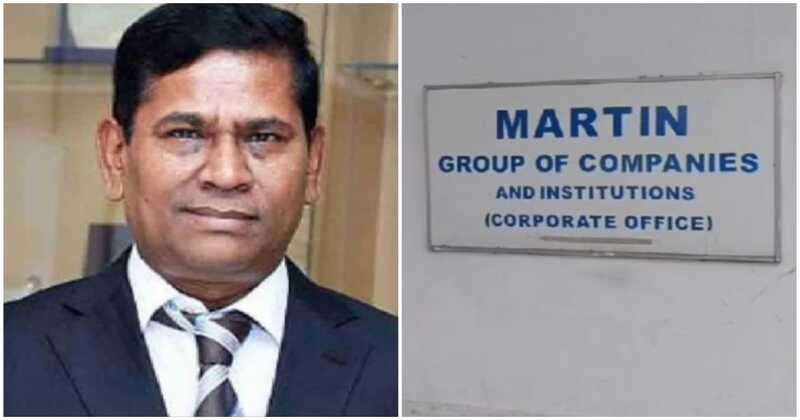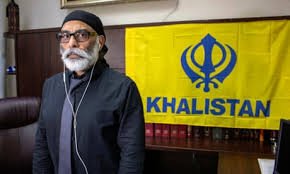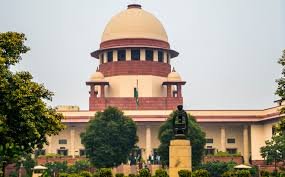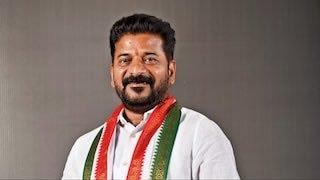The Election Commission’s move to make public data on electoral bonds provided by the State Bank of India (SBI) has shed light on some of the key donors and recipients involved in this controversial financial instrument. The disclosure has brought to the fore the significant contributions made by various entities, sparking discussions about transparency and accountability in political funding.

Future Gaming, Vedanta Group Top Electoral Bond Contributors
Among the top contributors to electoral bonds, Future Gaming and Hotel Services Pvt Ltd stands out with a whopping contribution of ₹13.68 billion. Headed by Martin Santiago, also known as “Lottery King” Martin, the Coimbatore-based company has been investigated for alleged money laundering activities. Despite this, it emerged as the largest purchaser of electoral bonds, acquiring 1,208 bonds worth ₹1,368 crore.
Read More – Electoral Bonds Transactions: Details Revealed in SBI’s Affidavit in SC
Election Commission makes data provided by SBI on electoral bonds public; these are some of the donors and recipients
Top Five Contributers to #ElectoralBonds
1) FUTURE GAMING AND HOTEL SERVICES PR ₹ 12,08,00,00,000
2) MEGHA ENGINEERING AND INFRASTRUCTURES LI MITED ₹… pic.twitter.com/LYh9xRXt1m— POWER CORRIDORS (@power_corridors) March 14, 2024
Following closely behind is Megha Engineering and Infrastructures Limited (MEIL), a Hyderabad-based conglomerate, which purchased 966 bonds worth ₹1 crore, totaling ₹966 crore. MEIL and its affiliate, Western U.P. Power Transmission Company Ltd (WUPPTCL), have been involved in several government projects, including significant infrastructure initiatives in Telangana and Maharashtra.
Read More – ‘Electoral Bond Scheme’ Unconstitutional, Refund Money: Supreme Court
Reliance Subsidiary Qwik Supply Chain Private Limited Donated Heavily
Another noteworthy contributor is Qwik Supply Chain Private Limited, based in Maharashtra, which acquired bonds worth ₹410 crore. Interestingly, one of the company’s directors, Tapas Mitra, is associated with various Reliance Group companies, indicating potential connections to more extensive corporate interests.
Haldia Energy Limited and Vedanta Limited also made substantial contributions through electoral bonds, amounting to ₹377 crore and ₹375.65 crore, respectively. These contributions underscore the significant financial backing received by political parties through this channel.
Yashoda Super Speciality Hospital, based in Ghaziabad, Uttar Pradesh, also purchased bonds worth ₹162 crore. Run by Upasana Arora and Prem Narayan Arora, the hospital’s involvement in electoral funding raises questions about the role of non-corporate entities in political finance.
The disclosure of these contributions comes when there is growing scrutiny over the transparency and accountability of electoral funding in India. While electoral bonds were introduced to promote transparency, concerns about their potential to facilitate opaque political financing have been raised.
As stakeholders analyze the data provided by the Election Commission, calls for greater transparency and reforms in political funding are likely to intensify. The revelations highlight the need for comprehensive measures to ensure that the electoral process remains fair, accessible, and transparent, safeguarding the integrity of India’s democratic institutions.














